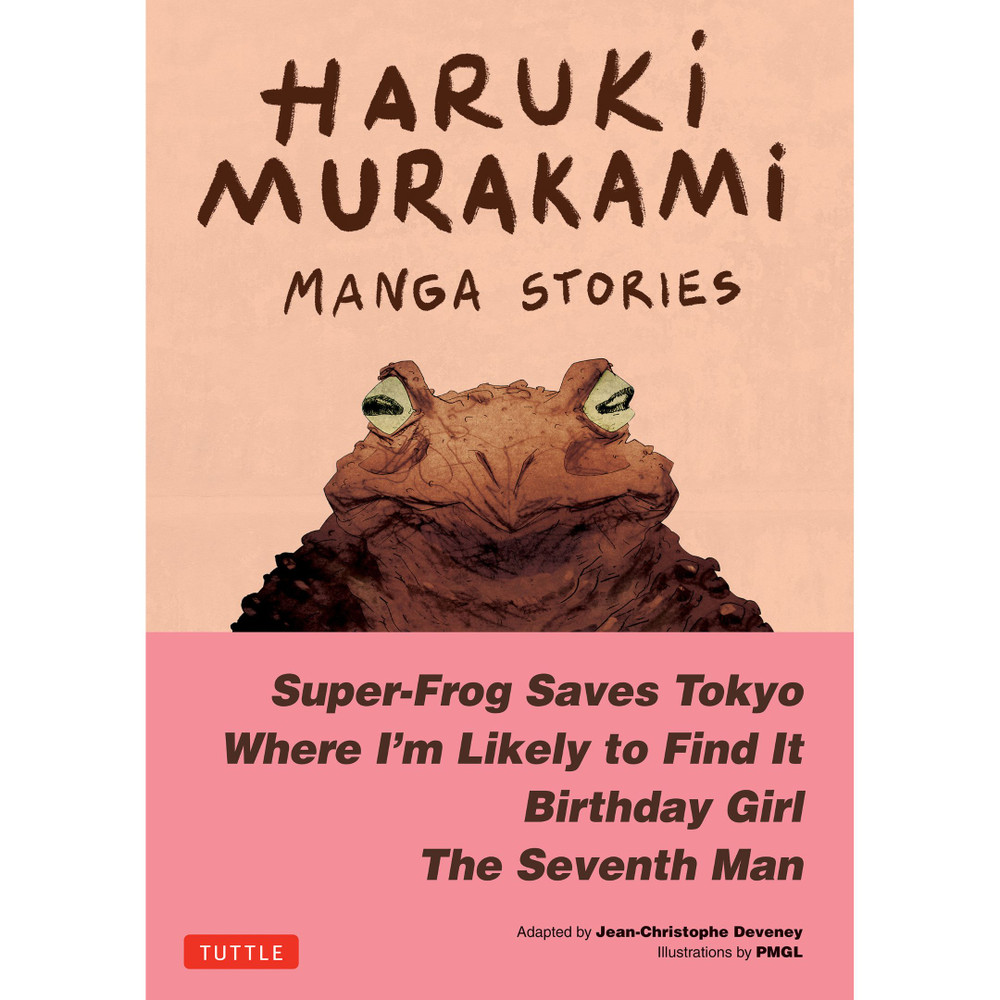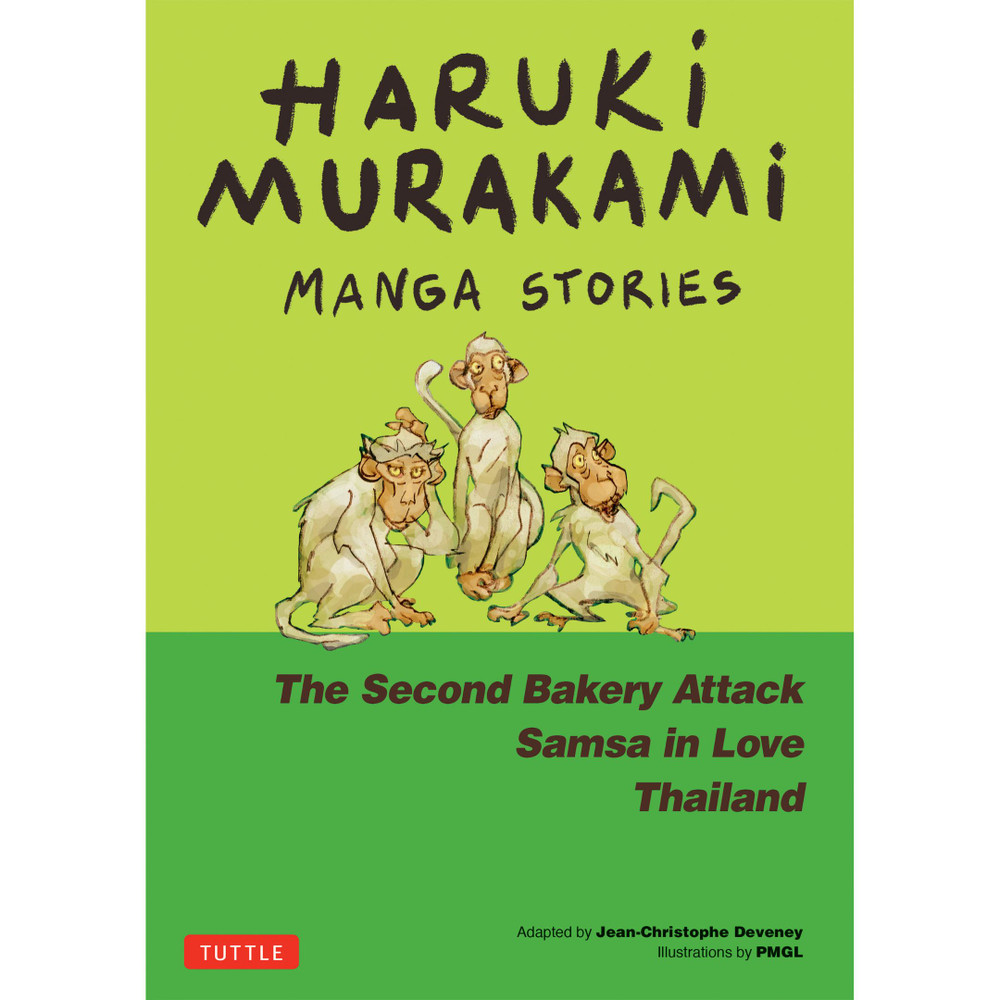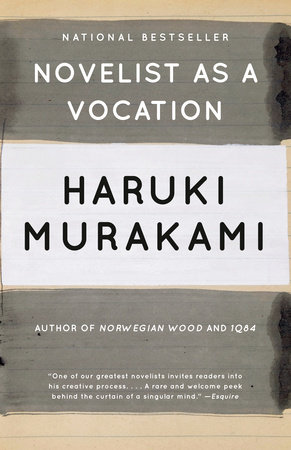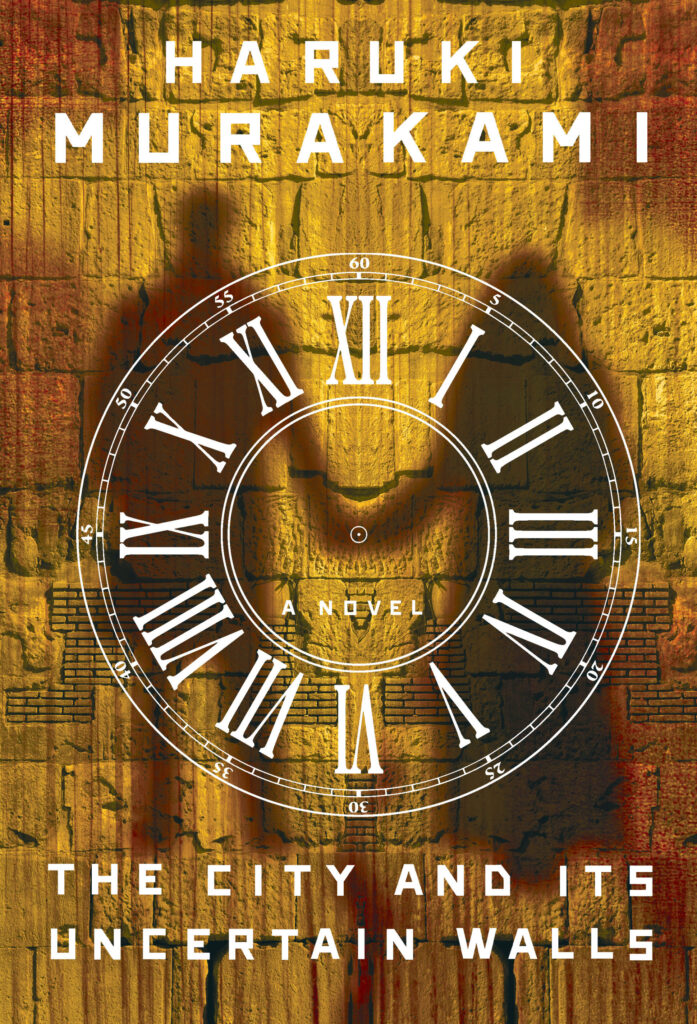I’m a huge fan of Haruki Murakami’s fiction. However, I don’t really read manga, the Japanese comic book art form/genre. Still, recently I picked up a pair of Murakami manga books (there’s a third one—at least—out there that I now need to find).
One book—I don’t know if there’s a sequence to them—contains four stories. The other, three stories. Previously, I’ve read all of these in narrative form. “Birthday Girl,” “Where I’m Likely to Find It,” and “The Seventh Man” appeared in the collection Blind Willow, Sleeping Woman, while “Super Frog Saves Tokyo” appeared in After the Quake.

In the other collection, “Thailand” was in After the Quake, while “The Second Bakery Attack” was in The Elephant Vanishes. As for “Samsa in Love,” it appears in Men Without Women., which is a strange choice since there’s a woman in that story. Although, how she’s drawn might lead to some confusion. “Samsa in Love” is, after all, an inversion of Kafka’s “Metamorphosis.”

So, several stories all drawn from various sources. I’ve now read four of of the seven manga tales. Maybe it’s my lack of knowledge of that genre, or graphic novels in general (although I do own a dozen or more graphic novels), but the drawings some across as oddly shaped, distorted almost. There are weird “sound-texts” or words that try to represent non-verbal sounds. Some stories are funny, some meander and go nowhere. I love Murakami’s slow and measured prose, how he makes the normal weird, and the weird normal, but I’m not sure about these manga versions. Is this because I prefer my own inner voice, my own vision of the characters and events? Maybe something to think about. Almost all the other graphic novels I own are original, although there are some based on stories or novels. Perhaps the art matters, as those are drawn, well, better.
Of course, now I’ll need to re-read the stories, just to see what was left out of the manga versions, if anything. And, I have just one unread Murakami book to plow through. I do hope his next novel reaches the heights of previous good books, as his latest was a disappointment.


